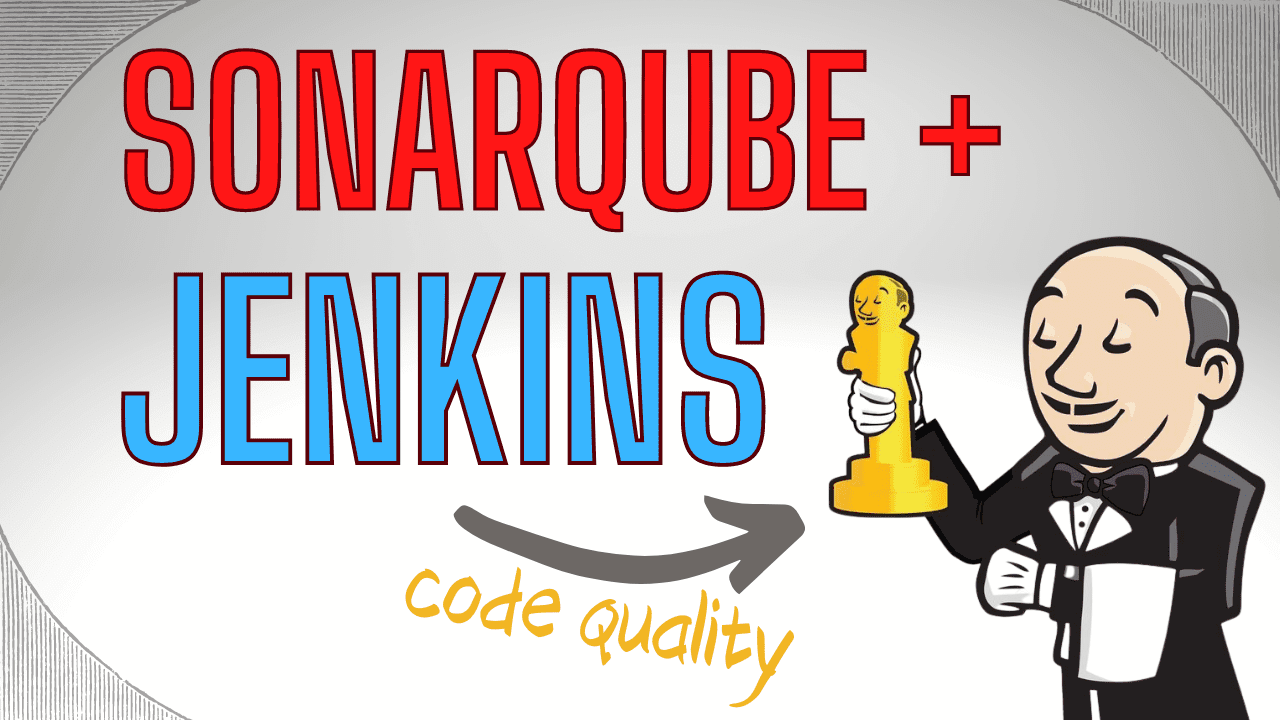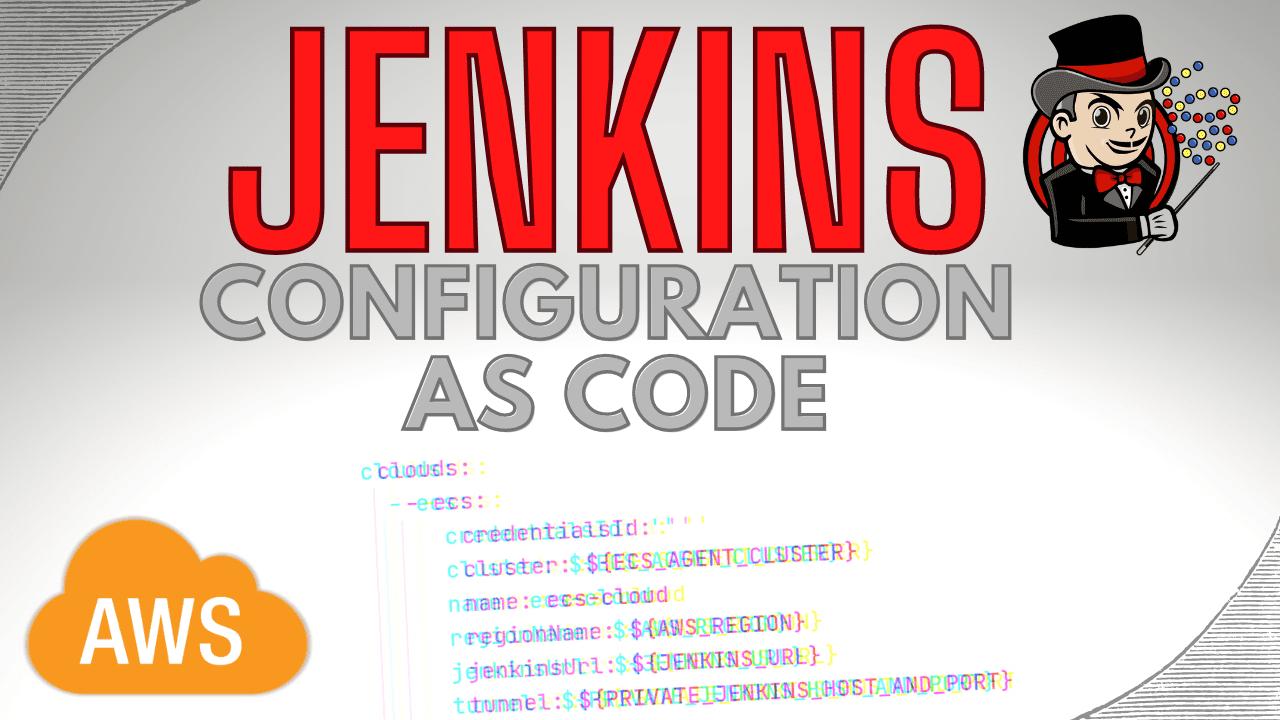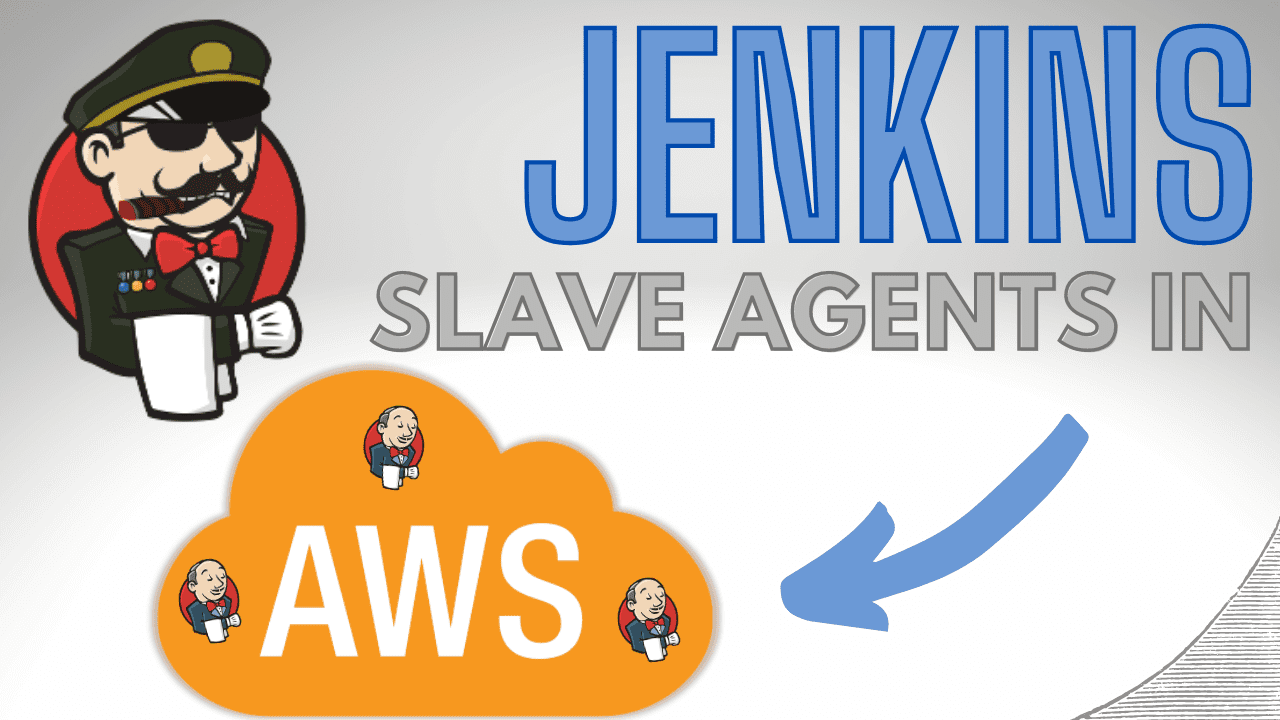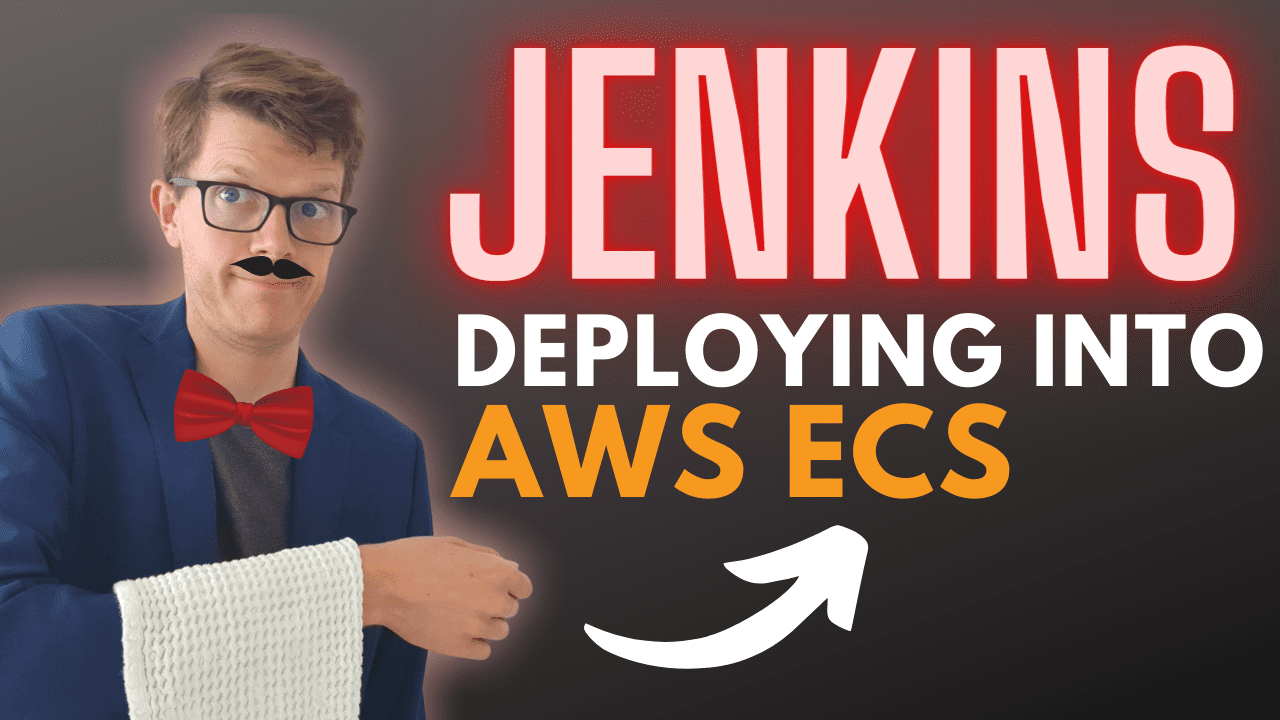
Add SonarQube quality gates to your Jenkins build pipeline
Learn to add SonarQube analysis and quality gate stages to a Jenkins pipeline.

Learn to add SonarQube analysis and quality gate stages to a Jenkins pipeline.

If you’ve ever deployed Spring Boot behind a load balancer, you might be aware of issues coming from differences between the request into the load balancer and the request into your application. These requests will often have a different protocol, host, or port. If Spring Boot isn’t correctly setup it can lead to all sorts of mayhem, such as generating incorrect URLs for you application. In this article you’ll discover how to make use of the X-Forwarded headers passed from a load balancer to your Spring Boot application, to help your application generate URLs correctly based on the originating request....

Automate your Jenkins cloud configuration setup using Jenkins Configuration as Code.

Learn how to run Jenkins jobs in slave Fargate containers in AWS ECS.

Did you ever look at a Gradle build script and end up scratching your head? Even the simple ones can be tricky to understand if you don’t know the basic building blocks of the build.gradle file, the Gradle build script. To better understand Gradle, it’s helpful to know that the build script normally consists of nothing more than the following components. 1. Plugins Plugins are Gradle-specific bundles of functionality to enhance how it runs your build....

Let’s be honest, for most developers getting their software written and working on their own machine and maybe a test environment is the main priority. Deploying to production? Ah, that’s another team. All the AWS network ‘stuff’ - VPCs, subnets, gateways? Someone else’s business, right? Secondary to the contents of the holy Docker image and the beautiful code within. This couldn’t be further from the truth. The current trend is to developers owning their work all the way through from concept to production....

Discover all the pieces required to deploy a production-ready Jenkins master into AWS Elastic Container Service. You can take the best parts of the provided CloudFormation template, and apply them to your own setup.

Annotation processing is a Java compilation option which has been around since Java 5. It enables the generation of additional files during compilation, such as classes or documentation. Gradle abstracts the complexity of passing the correct compilation options to Java with the annotationProcessor dependency configuration, which we’ll explore in detail in this article with a full working example. An example of a popular annotation processor we’ll look at today is mapstruct, which automatically generates mapper classes to map data between Java data objects....

Using the Gradle wrapper means that a project can be fixed to a specific version of Gradle. If you want to update Gradle to a newer version though, follow the simple steps in this article. What’s my current Gradle version? Assuming your project is using the Gradle wrapper, which it most likely is, run ./gradlew --version: $ ./gradlew --version ------------------------------------------------------------ Gradle 6.4.1 ------------------------------------------------------------ Build time: 2020-05-15 19:43:40 UTC Revision: 1a04183c502614b5c80e33d603074e0b4a2777c5 Kotlin: 1....